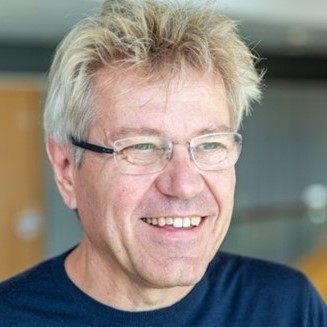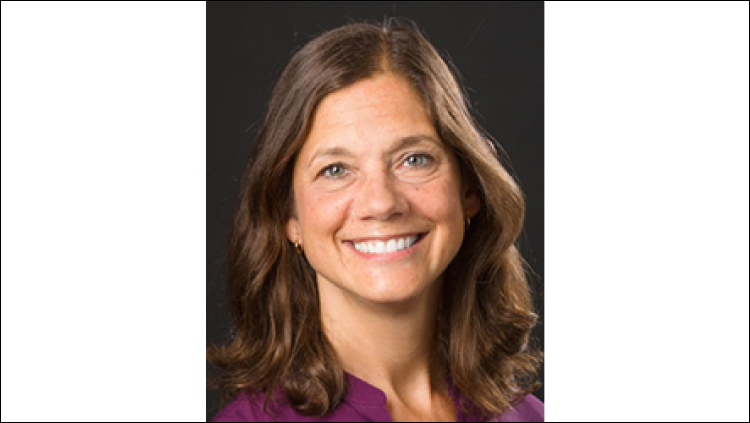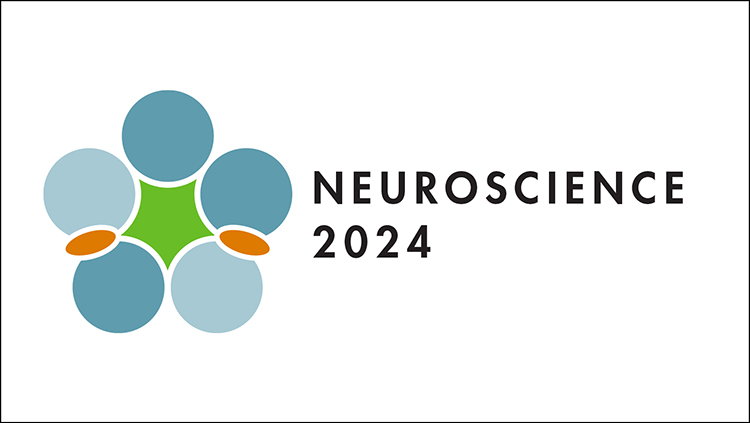Q&A: FENS President Ole Kiehn

Ole Kiehn is Professor in Integrative Neuroscience at the University of Copenhagen, a professor of Neurophysiology at the Karolinska Institute, and the new president of FENS, the Federation of European Neuroscience Societies. Kiehn’s research focuses on understanding the molecular, cellular, and functional organization of motor circuitries in mammals. This work links motor circuit organization to behavior and demonstrates translational potential in the development of therapies for movement disorders caused by trauma or disease. He is an elected member the Royal Swedish Academy of Science, and The Danish Academy of Sciences and Letters. His research has been recognized with numerous honors including the Brain Prize 2022.
Neuroscience Quarterly (NQ): As FENS president, what do you see as the biggest opportunities and challenges facing FENS?
Ole Kiehn (OK): One of the great challenges to us is that science does not always occupy a prominent position in society. As the representative voice of over 40 neuroscience societies, FENS must raise awareness of the importance of neuroscience research not only among the general public but also among decision-makers. The value of basic research must be recognized, as without it, implementation of new treatment or cure of neuro-related diseases is not likely to progress.
...and by activities of the various FENS committees including the ALBA Network, which works to promote equity and diversity in the brain sciences.
FENS is at a central position to address these issues and is already doing so through its journal, the European Journal of Neuroscience, which has launched numerous initiatives to showcase our community's research and through our organization of meetings, the biennial FENS Forum, the largest neuroscience meeting in Europe, the Brain Conferences, and regional meetings. These efforts are also supported by directed advocacy and outreach, and by activities of the various FENS committees including the ALBA Network, which works to promote equity and diversity in the brain sciences. I will work to continue these efforts and have a hope that we will be able to strengthen our educational activities, through well-supported summer and winter schools.
Finally, as running FENS almost entirely depends on income from our Journal and meeting revenues, I hope we will be able to maintain a steady income from these sources and perhaps increase our support from other funding.
NQ: Following the successful FENS Forum in summer 2024, what do you see as the value of such broad-based in-person gatherings for the field and for neuroscientists at various career stages?
OK: The primary purpose of the FENS Forum is to serve as a melting pot for people and ideas, and the recent event in Vienna was particularly successful in this respect. The event kicked off with workshops on new techniques, followed by nearly 20 plenary and special lectures, 56 symposia, and more than 4,000 posters. So, the Forum was an incredible opportunity for participants to discuss their work in person.
Being present at an event like the FENS Forum allows the participants to join lectures or symposia, even with little prior knowledge of the topics, and get a great overview from leading scientists. For many participants in Vienna, this was their first conference experience, and the chance to present and discuss their data at the poster session was essential.
The in-person presence gives so much more for all participants, whether early career or more senior scientists. You meet peers, discuss new ideas, make friends, or even start collaborations. It is only by having large-scale conferences like the FENS Forum that we can offer the community such opportunities.
NQ: Volunteer leadership is key to the success of professional societies such as FENS and SfN, but it takes valuable time and effort for those willing to serve in these roles. What do you see as the value of professional societies and why do you prioritize time for volunteer leadership?
OK: Professional scientific societies are of significant value for many reasons. By their meeting activities they are advancing scientific knowledge and research, fostering collaboration, and developing careers. Through their activities, they are also vehicles for advocacy and educating on behalf of the neuroscience community. Societies such as FENS and SfN are prime example of this. The journals and outreach activities run by the societies are really essential to disseminating discovery research about the nervous system and its diseases so that it reaches the broader society and policymakers.
In my capacity as FENS president, I also feel a sense of satisfaction in giving back to the broader community that has supported me in my scientific endeavor.
It is true that volunteer leadership takes time that is taken from other activities. Throughout my career, I have been involved in different activities that served the broader neuroscience community. So, accepting the role as FENS president comes rather naturally for me. In that role, I join with other dedicated scientists to move the neuroscience field forward in a collective effort. Personally, I gain a lot from interacting with a diverse group of colleagues with different backgrounds. It expands my scientific network and perspective. You also make new friends. In my capacity as FENS president, I also feel a sense of satisfaction in giving back to the broader community that has supported me in my scientific endeavor.
NQ: What key areas do you see FENS and SfN collaborating on in the next couple of years?
OK: FENS and SfN have had a very close partnership and successful collaboration for more than two decades now. I hope to continue and strengthen this relationship in the next couple of years. I see FENS reinforcing the current areas of our collaboration, namely advocacy, scientific training, as well as through diversity, equity, and inclusion activities. Although policy contexts and conditions might differ on either side of the Atlantic, advocacy lessons and challenges might be shared by both societies.
On top of the list for advocacy concerns are increased public investment in neuroscience research and the responsible use of animals in research. Scientific training could profit from continued efforts to enhance online access to neuroscience learning and resources. Our joint efforts to serve and include underrepresented communities in neuroscience will continue through the activities of the ALBA Network.
Finally, I also hope the societies can share ideas and experience on how to increase the support to the societies through their society journals and attracting meeting attendance.























